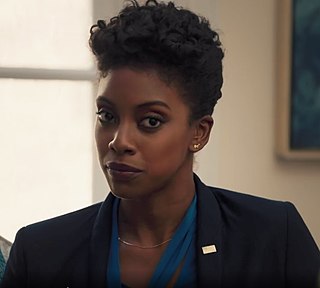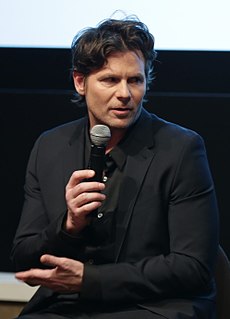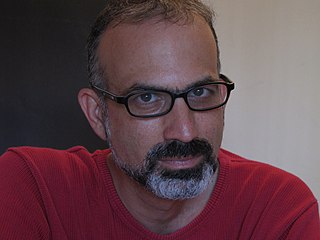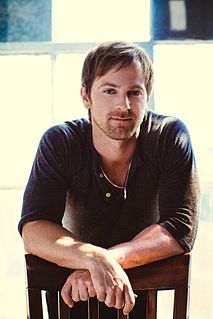A Quote by Marshall Curry
I think that any time you are making a film you have to realize that the people you are talking with might be giving you misinformation. Sometimes it is factually incorrect and for that, it's important to me to check it out and not let things find their way into the film without being challenged, either by me, or by another character, or by evidence that you might see on screen.
Related Quotes
There's something that happens where you go, if you're lucky, goodness me, from film to another film to another film. And you can sort of feel that if you step off that treadmill, it might all go horribly wrong and you might never be employed again, you know. And I suddenly thought that that's not necessarily the case. And I also thought we make drama as actors about people in the world and that if you are on that treadmill, you start making films about other films.
Jesus offered a single incentive to follow himto summarize his selling point: 'Follow me, and you might be happy-or you might not. Follow me, and you might be empowered-or you might not. Follow me, and you might have more friends-or you might not. Follow me, and you might have the answers-or you might not. Follow me, and you might be better off-or you might not. If you follow me, you may be worse off in every way you use to measure life. Follow me nevertheless. Because I have an offer that is worth giving up everything you have: you will learn to love well.'
One of the things I noticed about the world was - it's funny, in the movie business, you meet a kind of guy who has a lot of money, whether they came by it as an actor or film-studio owner, and you realize these people aren't any smarter than you might be, or any more decent than you might be. It's just this weird fate of the world that it broke one way for someone.
We're at a time now where there's a lot more "I'll do whatever it takes" attitude. I'm not going to say or do what you want me to say or do just because it might help me or be the politically correct thing to do to help my career. And that may have hurt me sometimes. I think about different collaborations that have been brought my way - it might have meant I'd get to be on TV to do certain things, but I've said, "No. It doesn't make sense. I'm not doing it." And other people might jump at the opportunity.
Many times - especially when I'm playing an historical character - I want to be really on target with how I create that character and really nuanced with who that human being might be. But I don't want to lose the likeness of me or the depth of my own personality. So meditation and my spirituality has helped me to realize that, yes, I want to get out of the way but I also want the ability to hold on to what the audience likes of what they see of me.
I think that a lot of the time I don't go for something in particular. I see what comes to me, I filter it out. I never really strive to play a particular character or do a particular genre of film. As long as it's a good script and a great range of people and my character is really interesting I can't see any reason not to do it.






































